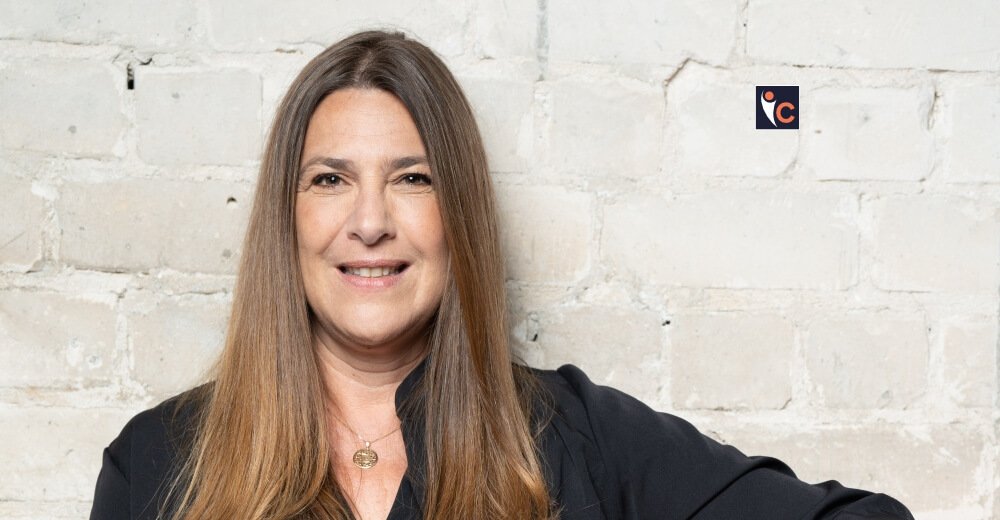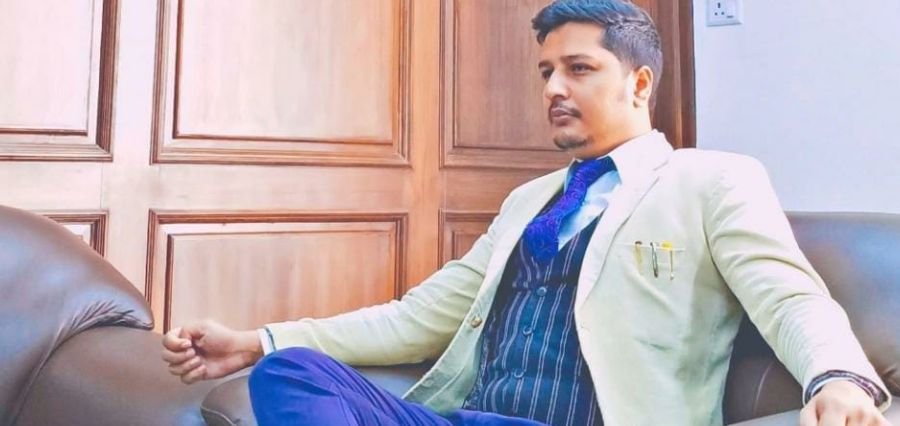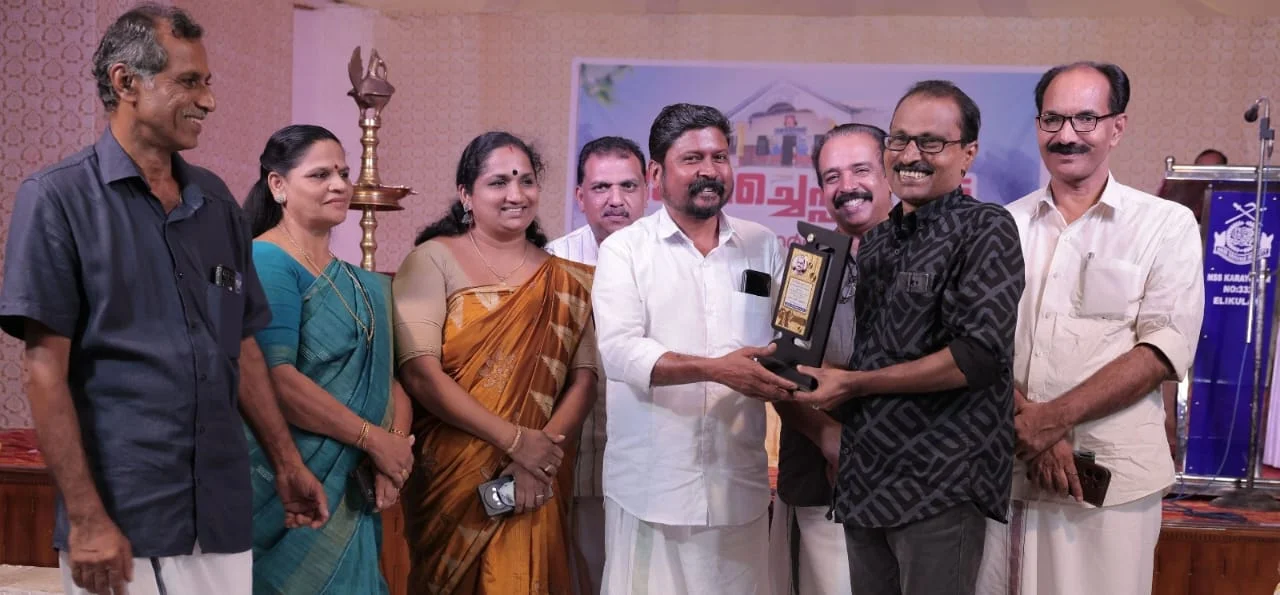The domain of pediatric healthcare is constantly evolving, with new challenges and opportunities emerging on a global scale. In the Middle East, a region known for its complex geopolitical dynamics, the field of children’s medicine stands as a ray of hope and cooperation. Despite these obstacles, a number of innovative leaders are pushing the boundaries of pediatric care, fostering cross-cultural collaborations.
Under the leadership of CEO Dr. Efrat Bron-Harlev, Schneider Children’s Medical Center of Israel, has become an ideal of progress in pediatric healthcare. Harlev, a pediatrician by training, combines her medical expertise with innovative management strategies to drive the hospital’s vision. She emphasizes holistic care, technological advancement, and regional cooperation, aiming to improve the lives of children throughout the Middle East and beyond.
Schneider Children’s Medical Center, located in Petah Tikva, is the only comprehensive, tertiary care children’s hospital in Israel and the Middle East. It has evolved into a hub of medical excellence, pioneering research, and international collaboration. The hospital serves children from across Israel and neighboring countries, offering advanced treatments and specialized care across various pediatric disciplines.
Let’s explore Dr. Efrat Bron-Harlev’s career path and Schneider Children’s transformative impact on children’s medicine in Israel and the surrounding region!
A Journey from Pediatrician to Visionary Leader
From an early age, Harlev knew her calling was to be a pediatrician. During her medical studies, she discovered a particular affinity for pediatric intensive care, drawn to the challenge of treating critically ill children while supporting their families through extreme situations.
Her career began at Schneider Children’s, where she completed her residency in pediatric intensive care. Over the years, she gained valuable experience in various managerial positions across different medical institutions before returning to Schneider Children’s in a leadership role. “I was so excited to be nominated as the CEO of the only pediatric hospital in Israel- a hospital whose mission is to provide all children in Israel the Middle East, wherever they are, with advanced, professional, groundbreaking and creative medicine alongside giving quality and dedicated service by a first-class multidisciplinary team that believes in compassion and love,” she reflects.
The decision to transition into healthcare management was driven by Harlev’s realization that being a physician was not just a profession, but an integral part of her identity. She recognized that combining her medical expertise with managerial skills would allow her to make a broader impact on patients’ lives.
She credits Professor Itamar Shalit, former CEO of Schneider Children’s, as a significant influence on her career path. Shalit’s ability to guide the complex relationships between patients, caregivers, and the medical system served as a model for Harlev’s own approach to leadership.
To further enhance her management skills, she completed a Master’s degree in management at Harvard Business School through the Wexner Foundation. This additional education equipped her with the tools to lead a major medical institution effectively.
Leadership Philosophy and Hospital Culture
Harlev’s leadership at Schneider Children’s Medical Center values insights from all, regardless of position or experience. “My leadership style is what I call – flattening the pyramid. I truly believe that everyone has something to teach, irrelevant to a title or experience, but rather the place background they come from,” she addresses.
By delegating authority, seeking diverse opinions, and ensuring that all staff members feel seen and heard, she has fostered an environment of collaboration and innovation. This inclusive approach has enabled Schneider Children’s to stay at the front of pediatric care, encouraging creative solutions to complex medical challenges.
Vision for Schneider Children’s and Regional Healthcare
Harlev’s vision for Schneider Children’s Medical Center extends beyond providing excellent medical care. She emphasizes “My vision as CEO is to provide the children, we care for not only with excellent medical care but also with overall health. We know that a child’s recovery process does not depend only on treating his illness but also on addressing his health,” she states.
This multifaceted approach includes integrating art, music, innovation, and research into the healing process. By doing so, Schneider Children’s aims to equip young patients and their families with essential tools that will serve them well into adulthood.
She also recognizes the potential for regional cooperation in improving pediatric care. She notes that children in the Middle East share genetic and geographical commonalities, making collaboration between hospitals in the region particularly beneficial.
The Abraham Accords, signed between Israel and several Arab nations, have opened new avenues for cooperation in pediatric medicine. Harlev sees these agreements as opportunities to share professional knowledge, improve patient experiences, and engage in continuous learning to provide the best care for children across the region. “At Schneider Children’s, we believe that children have the power to bring people together, irrespective of religion, gender, and nationality,” she affirms, underlining the hospital’s commitment to serving as a bridge for peace in the region.
Innovative Initiatives and Technological Advancements
Under Harlev’s leadership, Schneider Children’s Medical Center has implemented numerous innovative initiatives and cutting-edge technologies. The hospital has been a pioneer in complex surgeries and research, achieving many firsts in Israeli and international pediatric medicine.
Some of the hospital’s innovative achievements include:
- Performing the first organ cluster transplant in Israel
- Conducting complex neurosurgical operations previously unavailable in the country
- Successfully performing open heart surgery on a premature baby weighing just 780 grams
- Carrying out the first pulmonary valve transplantation by catheterization
In genetic research, Schneider Children’s experts have made significant strides, including discovering genes that cause mental retardation and leading national research for early detection of juvenile diabetes.
The hospital’s commitment to innovation is further exemplified by its recently launched innovation center. Harlev highlights, “The hospital’s innovation center, launched two years ago, is the only one of its kind in Israel that exclusively dedicated to children’s health and is not rehabilitative and, as such, is among the few in the world.”
This center plays a crucial role in advising and supporting companies and entrepreneurs in the development of medical devices, medicines, digital treatments, and telemedicine solutions specifically tailored for pediatric care.
She also emphasizes the potential of artificial intelligence in advancing pediatric care: “New developments in artificial intelligence make it possible to advance from preventive medicine to proactive medicine – diagnosing diseases before the symptoms appear and creating a huge medical and economic impact that will last decades for each patient.”
Balancing Quality Care with Cost-Effectiveness
One of the challenges Harlev faces as CEO is balancing high-quality patient care with technological advancements and cost-effectiveness. She approaches this challenge by emphasizing the long-term benefits of investing in children’s health.
She argues that focusing on children’s health, particularly preventive care, is not only medically beneficial but also economically sound in the long run. She provides a compelling example of how investing in children’s health can be cost-effective:
“An example is biological drugs for various chronic diseases, such as those for kidney disease, which are not included in the health basket. For an older person who does not receive the drug, this means several years of morbidity and deterioration to dialysis. However, for an 8-year-old child with a similar disease, the medical and economic implications are far-reaching.”
She goes on to explain that while the cost of a year of hemodialysis is estimated at half a million shekels, the cost of a drug that may cure the disease is estimated at the same amount as a one-time expense. In the long term, financing the drug proves to be more cost-effective than ongoing dialysis treatments.
Addressing Challenges in Pediatric Healthcare
When asked about the biggest challenges facing pediatric healthcare in Israel and the Middle East, Harlev identifies political issues as the primary obstacle. However, she remains optimistic about the potential for cooperation:
“At Schneider Children’s, we believe that children are above and beyond—always and in all circumstances, in times of war and peace. The more neighboring countries understand this, the more possibilities for cooperation to benefit the health of the children in the entire region.” This perspective highlights Schneider Children’s commitment to serving as a neutral ground where children’s health takes precedence over political differences.
Significant Achievements Under Harlev’s Leadership
Harlev’s tenure as CEO has seen several notable achievements that have significantly enhanced Schneider Children’s capabilities and impact:
- Expansion of Hospital Facilities: In May 2023, Schneider Children’s opened its Glass Building, effectively doubling the hospital’s physical size. This expansion includes a fortified emergency hospital, a state-of-the-art NICU with 52 beds, 28 private rooms for families and newborns, a protected dialysis unit, and the only pediatric research and innovation center in Israel.
- Response to National Crises: Harlev led the hospital’s response to the October 7, 2023, crisis, providing care for children returning from captivity in Gaza. She reflects on this experience: “We immediately started working and planning that the children would come to us when they returned. In practice, we wrote a textbook on how to treat children returning from captivity.”
- Hospital from Home Initiative: Under Harlev’s leadership, Schneider Children’s introduced an innovative “Hospital from Home” project. This initiative allows suitable children to receive hospital-level care in the comfort of their own homes, maintaining family routines while still providing top-quality medical care.
- Holistic Approach to Care: Harlev has championed a comprehensive approach to pediatric care that goes beyond medical treatment. This includes creating child-friendly environments, encouraging family involvement in treatment, and providing emotional and social support to patients and their families.
Navigating the COVID-19 Pandemic
The COVID-19 pandemic presented unique challenges for pediatric care. Under Harlev’s leadership, Schneider Children’s:
- Led the administration of COVID-19 vaccines for at-risk children
- Established the first post-COVID clinic in the Middle East to treat and monitor children with prolonged symptoms
- Embraced hybrid work models and telemedicine, leveraging technology to provide remote consultations and monitoring
- Enhanced emotional support for patients through technological means, addressing the psychological impact of the pandemic on children
She notes that the pandemic accelerated the adoption of telemedicine and digital health solutions, which have now become integral parts of the hospital’s care delivery model.
International Collaborations and Knowledge Exchange
Schneider Children’s Medical Center has formed strong collaborations with leading children’s hospitals worldwide, including institutions in Philadelphia, Cincinnati, Boston, Toronto, and Los Angeles. These partnerships facilitate:
- Exchange of professional knowledge
- Consultations on complex cases
- Joint conferences and research initiatives
Harlev emphasizes the importance of these collaborations: “These collaborations allow us to take on children for unique, advanced, and rare treatments at Schneider Children’s. Having surgical teams operate with our teams instead of having the patients fly abroad allows us to provide the best and most advanced medicine while keeping them in a familiar environment alongside our excellent medical care.” The hospital’s international partnerships extend beyond medical collaborations. Schneider Children’s has played an essential role in fostering regional cooperation, particularly in light of the Abraham Accords. She sees these diplomatic developments as opportunities to enhance pediatric care across the Middle East through knowledge sharing and joint initiatives.
Attracting and Retaining Top Medical Talent
In a competitive global healthcare market, attracting and retaining top medical talent is crucial. Harlev’s approach to this challenge focuses on creating a unique and appealing work environment at Schneider Children’s. “Regarding human resources, Schneider Children’s is a magnetizing workplace due to its unique and special character, at any given time, there are applicants who would like to work by us and be part of the best hospital of its kind,” she explains.
She emphasizes that retention goes beyond salary, highlighting the importance of:
- Giving due credit to staff members
- Setting professional challenges
- Providing opportunities for continuing education and professional development
- Sharing groundbreaking processes and research
Additionally, being part of Clalit Health Services, the world’s second-largest HMO, offers unique advantages to staff members. Harlev stresses, “Being part of Clalit Health Services, the world’s second-largest HMO, allows great flexibility for staff to combine work in a hospital with work in the community and other institutions in Clalit. This is a significant advantage, both professionally and personally, that does not exist in any other medical organization in Israel.”
Future Trends in Pediatric Healthcare
Looking to the future, Harlev is particularly excited about several emerging trends in pediatric healthcare:
- The developing field of genetic medicine and its integration across various pediatric specialties
- The use of AI tools for advanced surgeries and therapeutic processes
- The development of technological capabilities, such as games, to increase children’s involvement in treatment
She believes these advancements will help bridge intergenerational gaps and improve communication between caregivers, parents, and patients. She says, “The development of technological means makes it possible to speak the children’s language within a media in which they feel free to communicate. Digital medicine reduces intergenerational gaps between the caregiver, the parents, and the patient and can increase sharing, understanding.”
As Schneider Children’s Medical Center continues to evolve under Harlev’s leadership, these trends are likely to shape the future of pediatric care not only in Israel but across the Middle East and beyond.
Read More: Click Here





